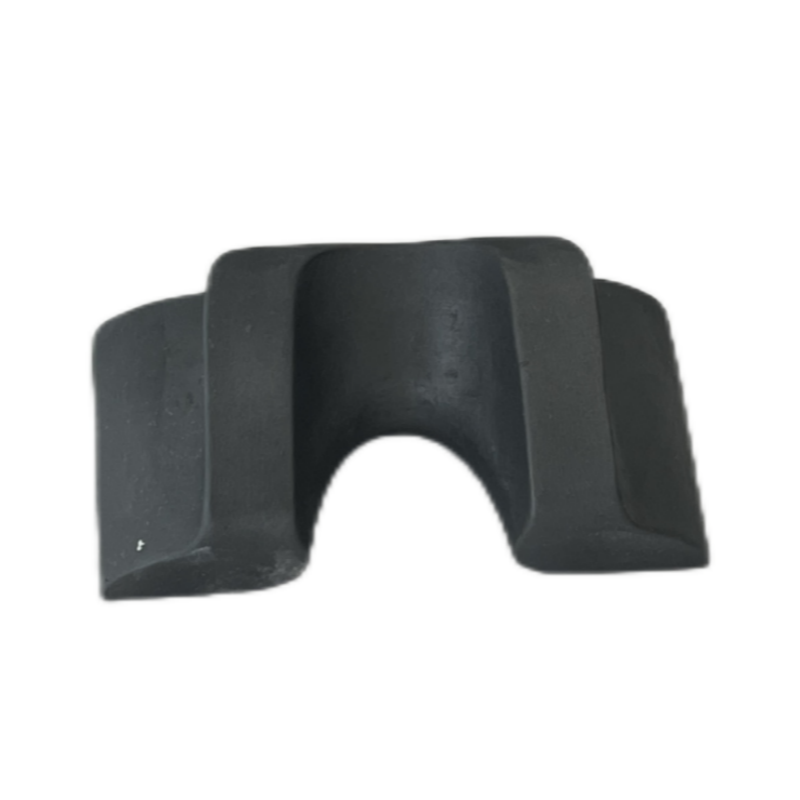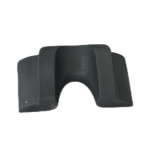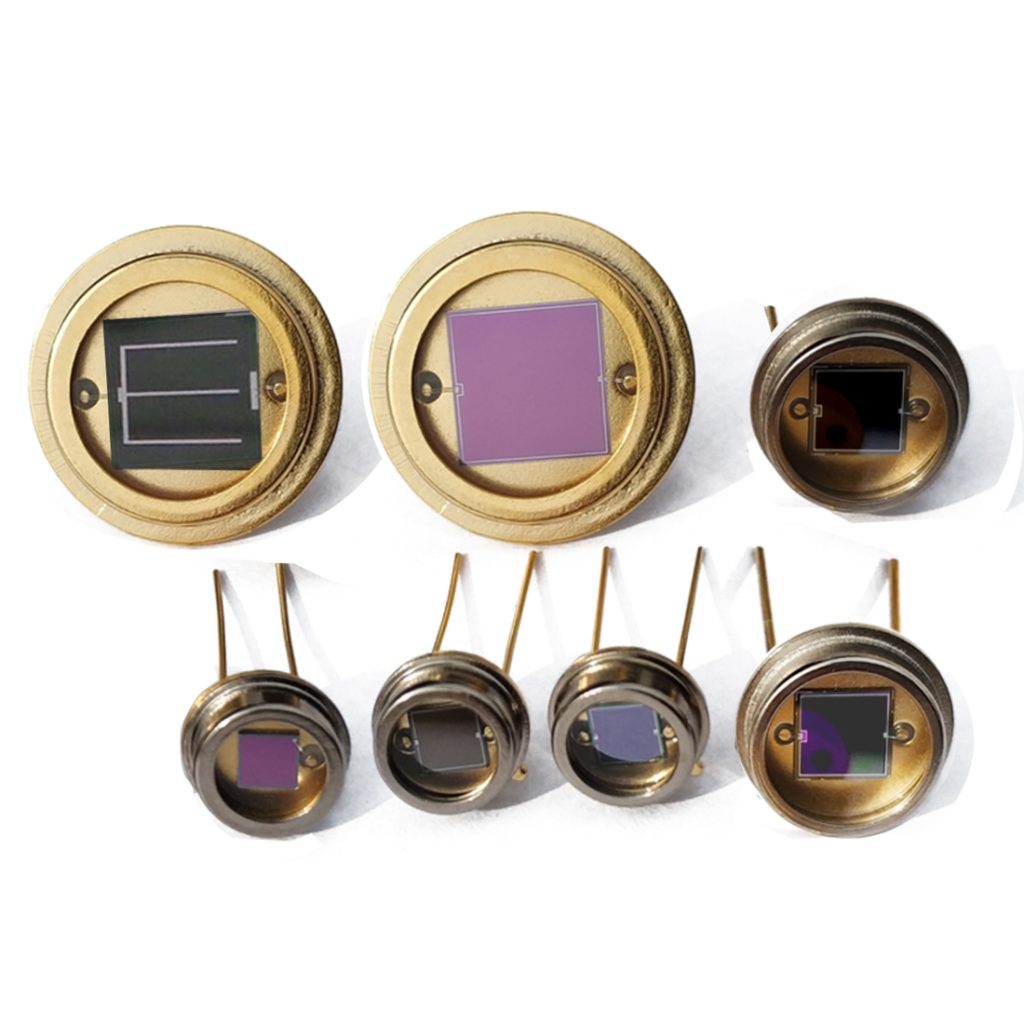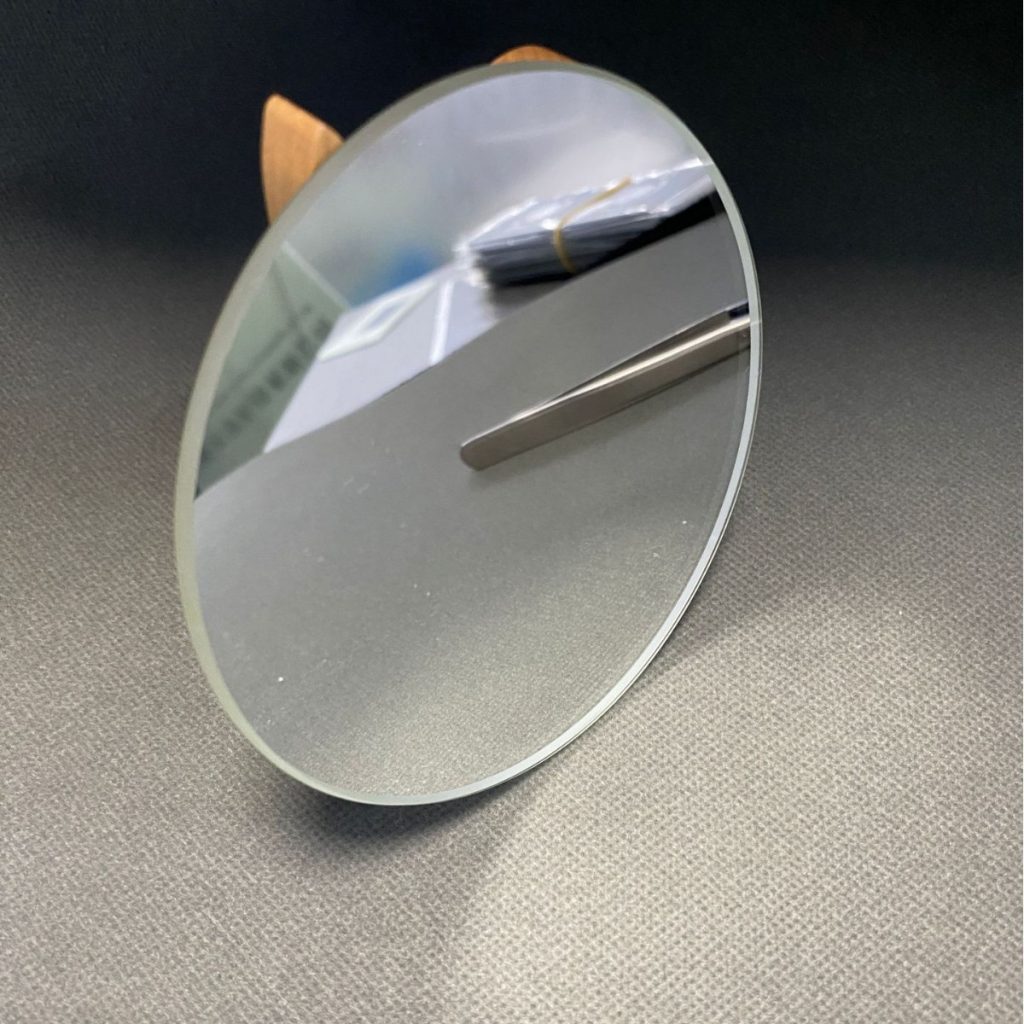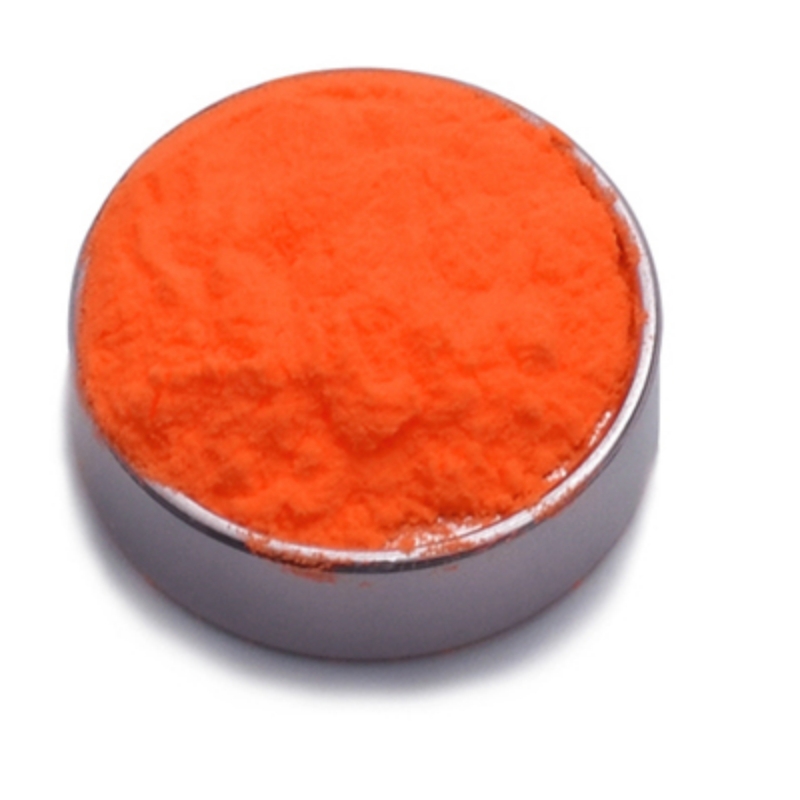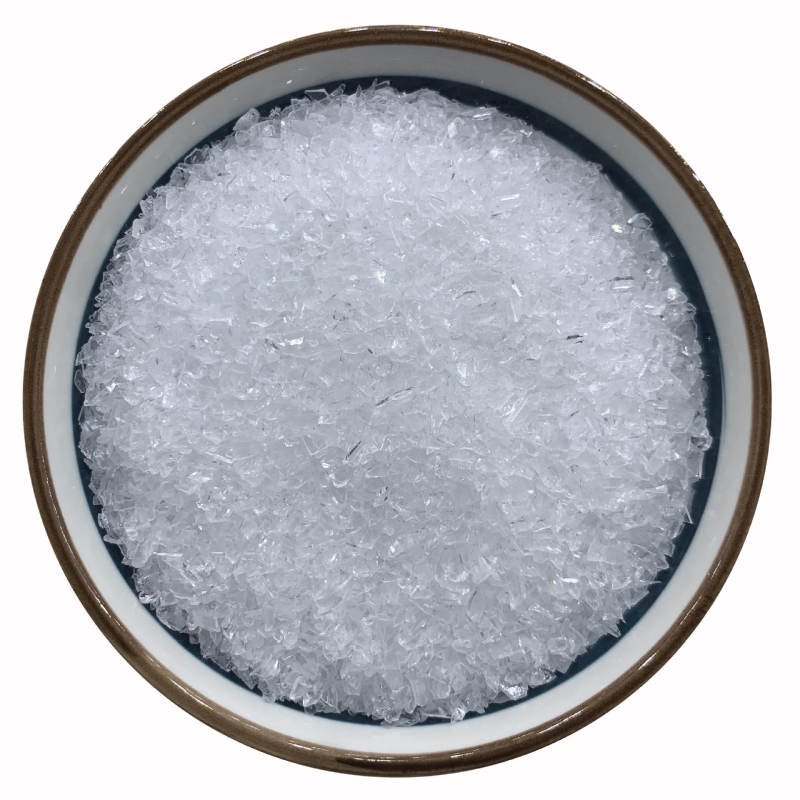Silicon carbide customized components provide exceptional hardness, optimized thermal stability, and superior wear resistance. Designed for industrial applications, they ensure precise customization, extended durability, and reliable mechanical performance.
Product Overview
Silicon Carbide Customized Components are fabricated using the pressureless sintering process, providing a uniform and dense structure. These components exhibit excellent properties, including high hardness, strength, thermal conductivity, high-temperature resistance, corrosion resistance, and low thermal expansion coefficient. Pressureless sintered silicon carbide materials are widely used in high-precision, high-performance industrial applications, especially in environments that require high temperatures, wear resistance, and chemical stability. These customized components can be designed to meet specific customer needs, offering superior mechanical performance and reliability in complex applications.
Features
- High Hardness and Strength: The high hardness and strength of silicon carbide allow these components to perform excellently in high-pressure, heavy-load environments, making them ideal for precision industrial applications.
- High Temperature Resistance: Capable of operating stably in environments up to 1600°C, making them suitable for high-temperature equipment and processes.
- Good Thermal Conductivity: With a high thermal conductivity of 100 W/mK, these components enhance the thermal efficiency of the equipment.
- Corrosion and Chemical Stability: Excellent corrosion resistance in acidic, alkaline, and extreme chemical environments, ensuring reliable performance.
- Low Thermal Expansion Coefficient: The low thermal expansion coefficient ensures dimensional stability in environments with significant temperature fluctuations, reducing thermal stress impact.
- Customized Design: These components can be tailored to various shapes and sizes based on specific industrial needs, making them ideal for unique applications.
Applications
- Machinery Manufacturing: Used in high-precision seals, bearings, cutting tools, etc., providing long-term stable mechanical performance and wear resistance.
- Aerospace: Suitable for critical components in high-temperature, high-pressure environments, such as engine parts and thermal protection systems.
- Electronics Industry: As substrate and packaging materials for semiconductor devices, used in the manufacturing of high-precision equipment and electronic products.
- Chemical Industry: Widely used in high-efficiency heat exchangers, fuel cell components, and other equipment, providing reliable corrosion and high-temperature resistance.
- Energy Industry: Applied in high-temperature and high-pressure environments in oil, gas, and other energy industries, offering exceptional performance and durability.
| Items | Units | Typical Value | |
| Contents | SiC | % | 88 ~ 92 |
| Si | % | 8~10 | |
| Volume Density | g/cm³ | > 3.02 | |
| Hardness | HV | Kg/mm² | 2400 |
| Moh's | 9 ~ 9.2 | ||
| Indicated Porosity | % | < 0.1 | |
| Compressive Strength | Mpa | > 2000 | |
| Flexural Strength | 20℃ | Mpa | 260 |
| 1200℃ | Mpa | 280 | |
| Modulus of Elasticity | 20℃ | Gpa | 330 |
| 1200℃ | Gpa | 300 | |
| Fracture Toughness | Mpa·mm¹/² | 3.3 | |
| Coefficient of Thermal Conductivity | 1200℃ | W/(m·K) | 45 |
| Coefficient of Thermal Expansion | 1200℃ | K⁻¹×10-⁶ | 4.5 |
| Maximum Temperature | °C | 1380 | |
| Acid & Alkali Corrosion Resistance | Excellent | ||
 new material
new material

